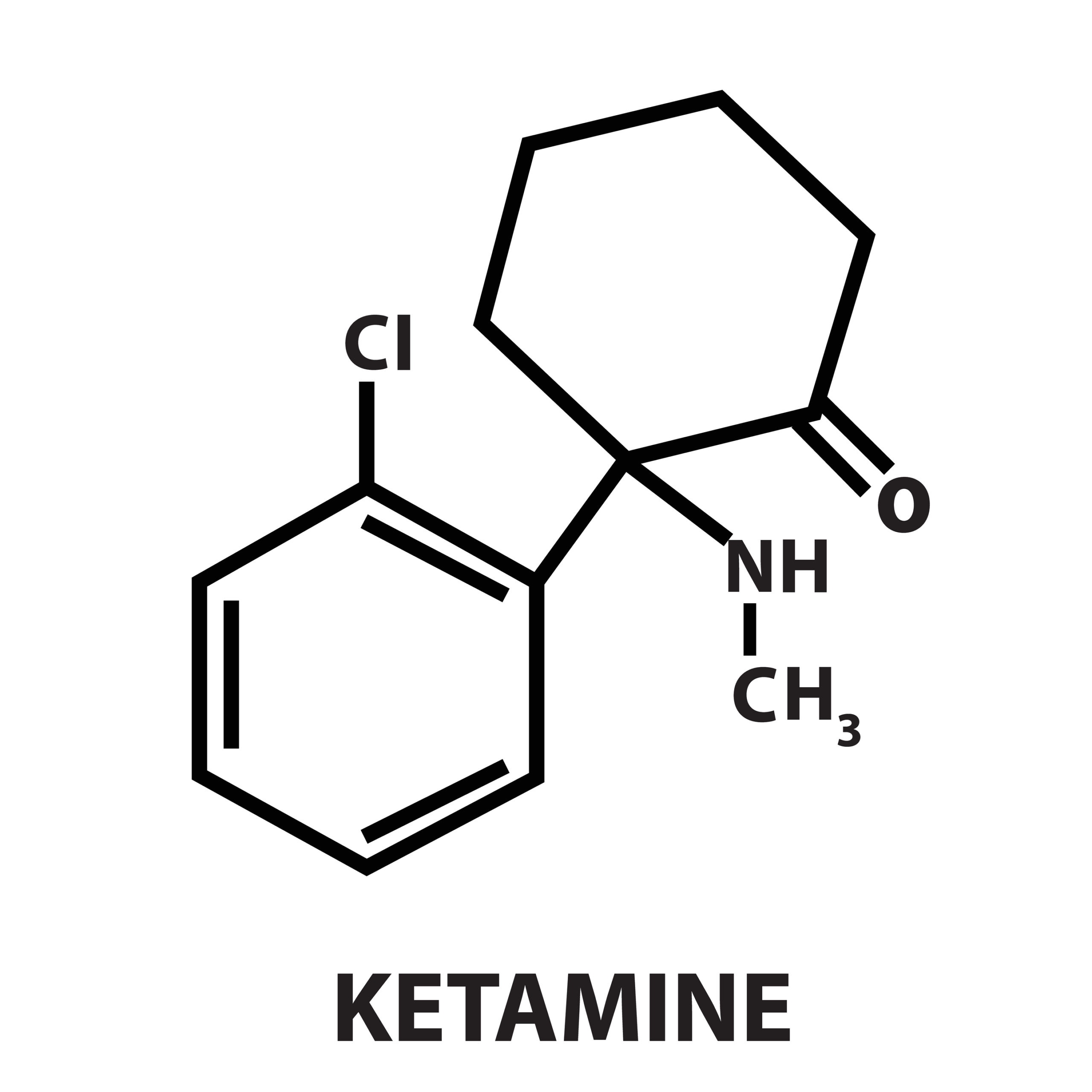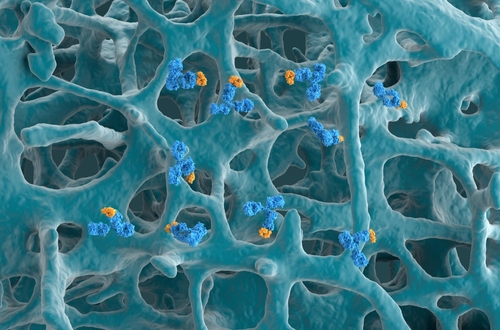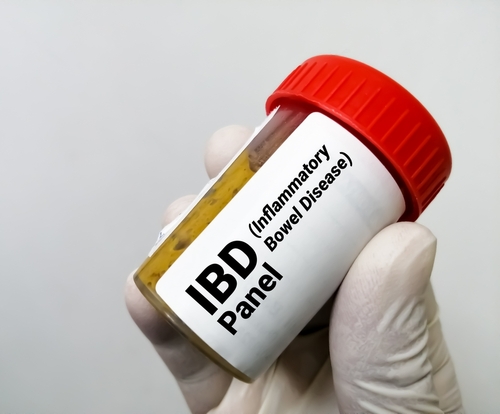
In a recent meta-analysis, published in the European Journal of Clinical Pharmacology, researchers evaluated the potential of ketamine to treat severe exacerbations (SAEs) in patients refractory to conventional inhaled β-agonists, anticholinergics, and systemic corticosteroids. They ultimately reported that published evidence does not currently support ketamine in the management of asthma.
The researchers, led by Luigi La Via and Filippo Sanfilippo, enrolled a total of seven studies published by August 2021 on ketamine in patients with asthma that reported oxygenation and respiratory outcomes, need for additional therapy, effects on weaning, and clinical status.
Reviewing Ketamine for Asthma Treatment
Five studies were randomized controlled trials (n=44-92) and two were small prospective trials (n=10 and n=11) that did not have a control group. Four studies enrolled adult patients, and three enrolled pediatric patients. Additionally, three of the five randomized controlled trials controlled with placebo, one with fentanyl, and one with aminophylline.
The report noted that there was a large amount of heterogeneity in sample size, age and gender distribution, inclusion criteria, and ketamine dosing between the studies. Notably, they determined that the outcomes of the included studies were highly variable.
Despite the heterogeneity and overall scarcity of evidence, the authors summarized that “overview of the included studies suggests absence of clear benefit produced by ketamine in patients with refractory SAE, and some signals towards side effects.”
For future research, the authors supplied that “well-designed multicenter randomized studies are probably needed to understand the role of ketamine in this patient’s population, although recruitment may be slow.”
Related: Age of Asthma Onset Linked to Level of Asthma Control, Comorbid Conditions







 © 2025 Mashup Media, LLC, a Formedics Property. All Rights Reserved.
© 2025 Mashup Media, LLC, a Formedics Property. All Rights Reserved.